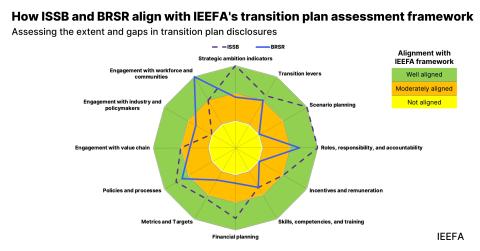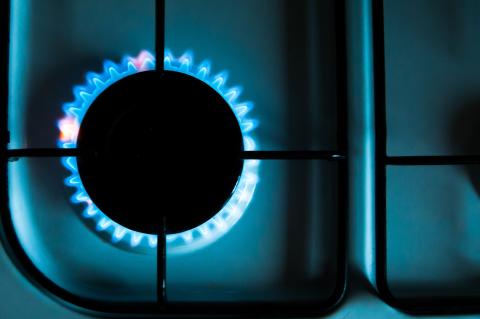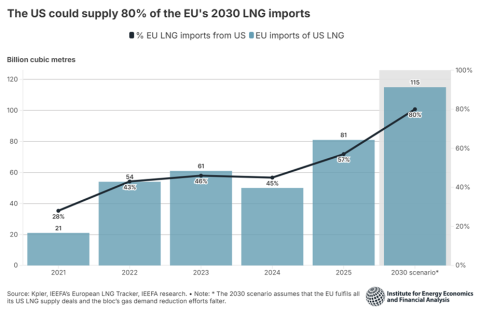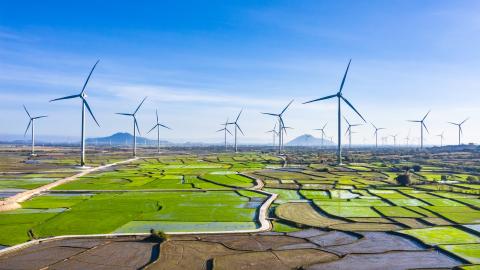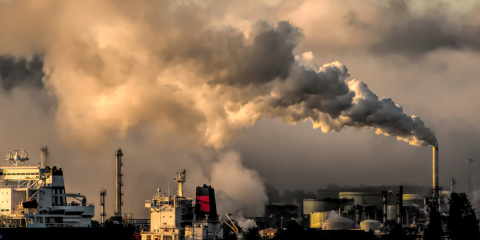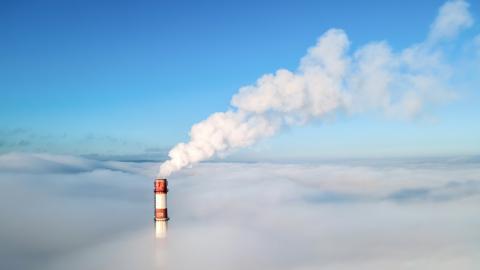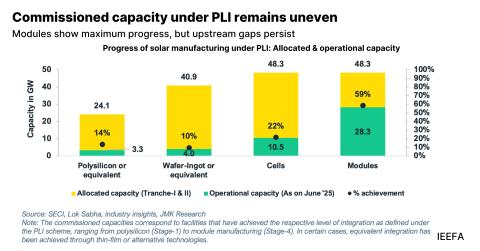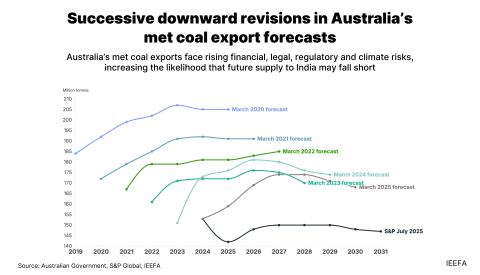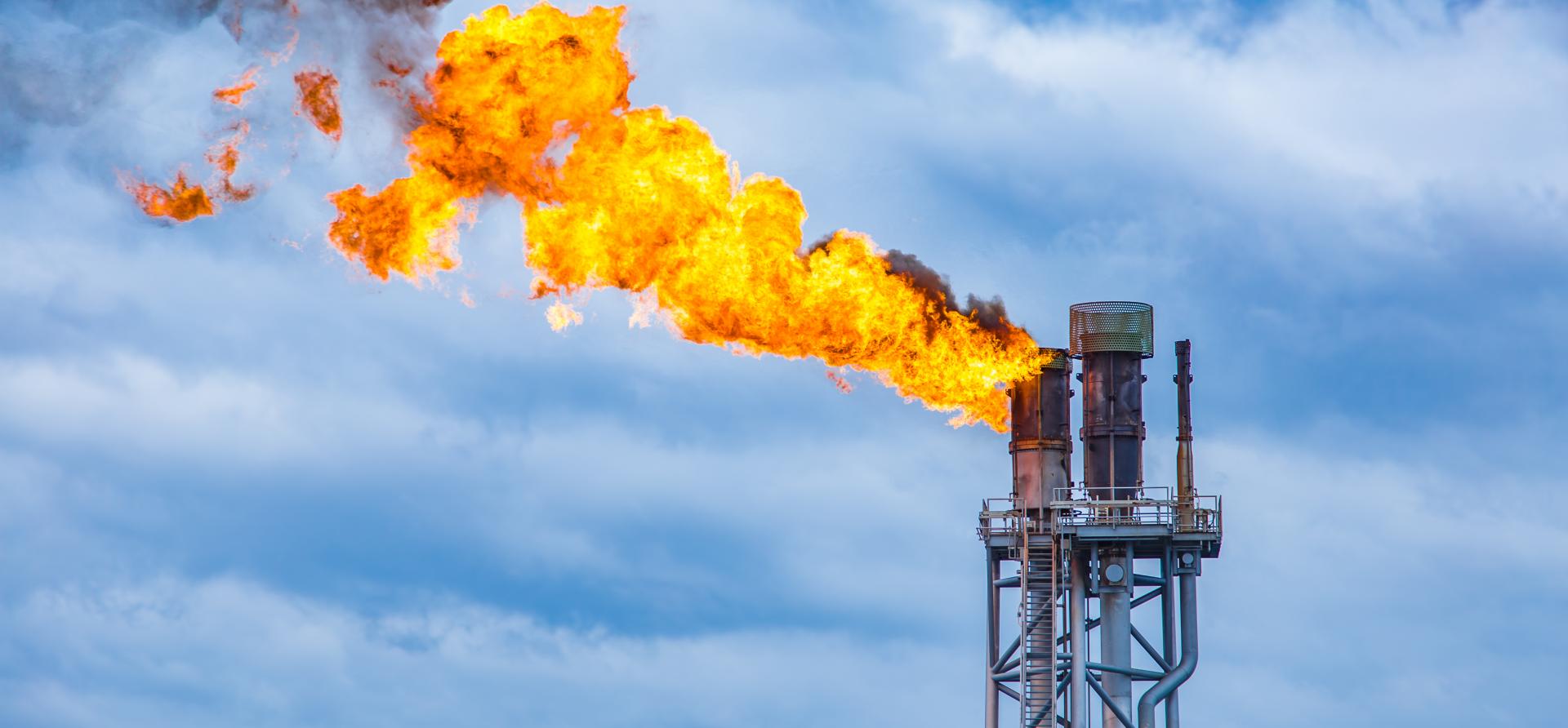
Key Findings
It is estimated that during 2021, some 143 bcm of fossil gas, with a market value of $55 billion, were squandered through flaring―enough to support the import gas requirements of Germany, France, and the Netherlands.
Norway has successfully reduced flaring and venting activity with economic disincentives—a carbon tax for offshore oil and gas operations, in addition to joining the EU Emissions Trading Scheme in 2008.
By applying additional financial penalties to flaring and venting activity, the UK regulator could provide a clear financial incentive for oil and gas operators in the UKCS to further reduce the practice.
Over the past 10 years, the UK has wasted some 13 bcm of natural gas through flaring and venting, releasing 45 million tonnes of CO2 emissions into the atmosphere, exposing oil and gas operators to £1 billion of ETS payments and £2.6 billion in lost gas sales.
Executive Summary
Globally, flaring and venting of associated gas from oil production is not only a major environmental problem, but also a colossal waste of money. It is estimated that during 2021, some 143 billion cubic meters (bcm) of fossil gas, with a market value of $55 billion, were squandered through flaring―enough to support the import gas requirements of Germany, France, and the Netherlands combined.
As a declining but still significant indigenous producer of oil and gas, the UK is a significant contributor to global flaring and venting waste. In 2021, around 1 bcm of natural gas was either flared or vented across its oil and gas operations, equivalent to 3 percent of production. Over the past decade, the economic value of this gas has increased significantly, totalling some £2.6 billion in lost gas sales—accentuating recent gas shortages and increasing costs for consumers.
Although the UK regulator recognises that change is required to minimise flaring and venting, we believe that there is more they can do. The North Sea Transition Authority (NSTA), the UK regulator, has publicly stated that all routine flaring and venting should cease by 2030, and that it should be minimised as much as possible between then and now.
The sentiment is admirable, although the volume of flaring and venting remains high and will likely continue over the course of the decade. Other oil and gas producing nations in the North Sea, such as Norway, have significantly lower flaring and venting volumes despite significantly higher oil production. In 2021, Norway’s oil production was more than double the UK amount, while flared and vented gas was 81 percent lower.
Norway’s reduced flaring and venting activity has been attributed to economic disincentives that have been put in place over previous decades—namely, its carbon tax arrangements. In the early 1990s, Norway introduced a carbon tax for offshore oil and gas operations, in addition to joining the EU Emissions Trading Scheme (ETS) in 2008. Norway’s oil and gas companies effectively pay both taxes and as such, they are economically incentivised to reduce emissions and consequently, flaring and venting volumes.
For the UK to really make an impact in reducing its flared and vented gas, it also should consider implementing economic disincentives, mirroring the success of its North Sea neighbour and limiting environmental and economic damage.
Introduction
Flaring and venting of fossil gas usually occurs when the gas is produced as a by-product of oil extraction, or when it presents a safety problem to operations. As many oil-producing countries across the world have undeveloped gas markets, it may not be economical to invest in gas processing and distribution infrastructure. The associated gas has limited value and is disposed of in the most economical manner.
Most excess gas is flared, simply burned at the production facility. Flaring releases carbon dioxide, black soot, nitrous oxide, and other greenhouse gases. The rest of the gas, which is predominantly methane, is often vented or released directly, without burning, into the atmosphere. This can be much worse than flaring as methane is more than 80 times more powerful than carbon dioxide as a greenhouse gas when measured over a 20-year timeframe.
There are several alternatives to flaring and venting, such as investing in the processing and transport infrastructure to market the excess gas (although this may not be economical or practical in all situations). Other alternatives are to use the gas for power generation at site or reinject it into the reservoir to provide artificial lift.
Apart from the environmental impacts, gas flaring and venting is a huge waste of money. Globally, some 143 billion cubic meters (bcm) were flared in 2021, roughly equivalent to the total volume of natural gas imported into Germany, France, and the Netherlands. At a price of $10 per thousand British thermal units (Mbtu), this represents $55 billion of lost sales revenue. According to the International Energy Agency (IEA), “reducing flaring and bringing this gas to market could offer relief to very tight gas markets and, in many cases, could do so faster than investing in new supply.”
To minimise the wasteful practice of flaring and venting, the World Bank in 2015 launched the Zero Routine Flaring (ZRF) by 2030 initiative, which involves both governments and oil companies. Collectively, they seek to use technology, regulation, and financial arrangements to reduce the practice and commit to reporting their flaring and their progress towards reduction. ZRF endorsers account for about 60 percent of total gas flaring and include 34 governments, including the main European offshore oil-producing nations of Denmark, the Netherlands, Norway, and the United Kingdom.







